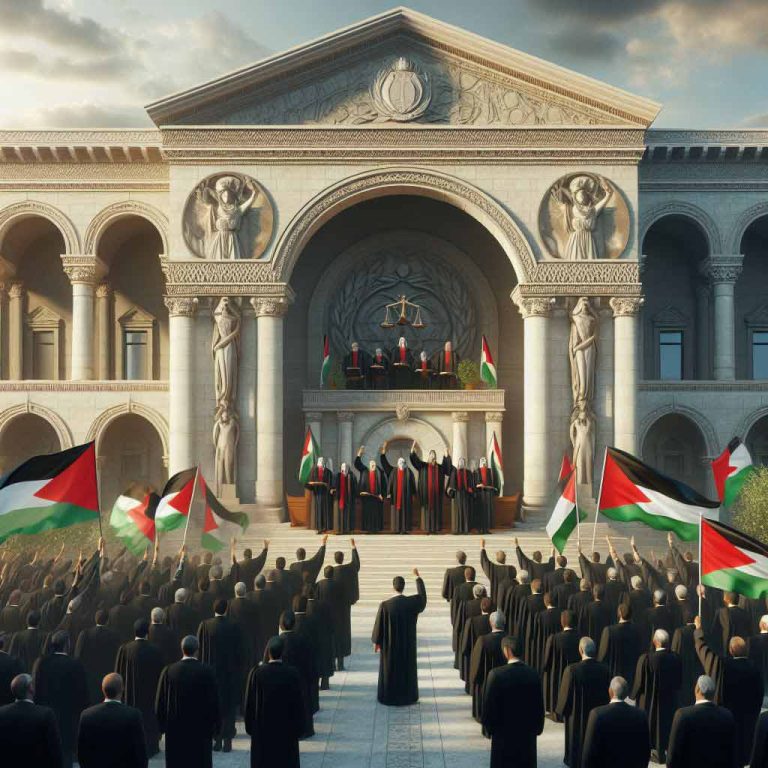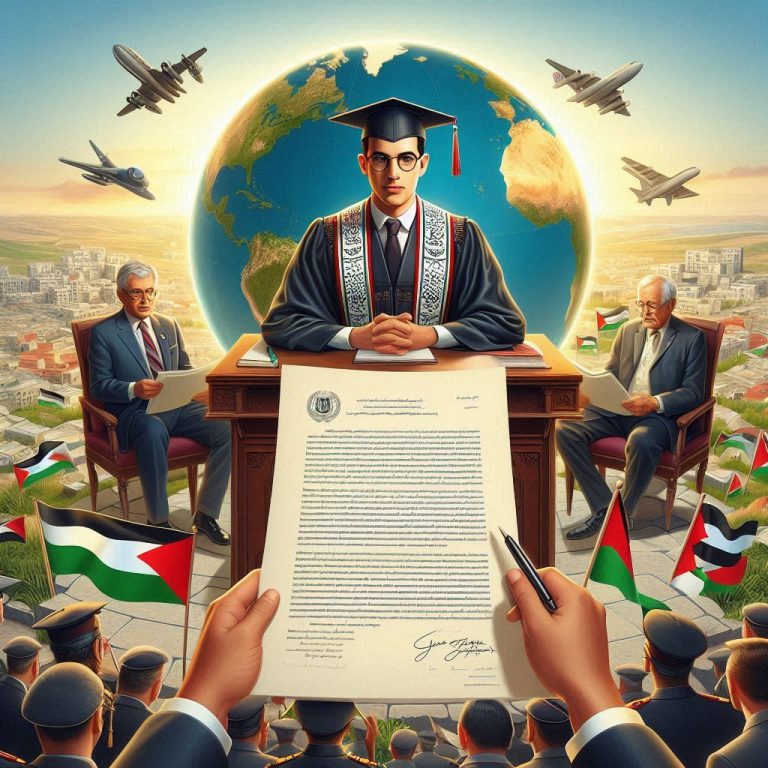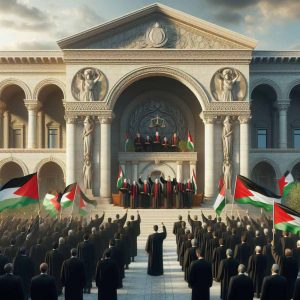Dear friends The 1948 War, known as the Nakba (“the Catastrophe”), was marked by massacres, deportations, mass internment, and the systematic destruction of civilian infrastructure in Palestine. Today, as we mark the 76th year of this ongoing Nakba, we are witnessing atrocities on a scale not seen since then. Every day in our work, we witness the Nakba’s repercussions: the violence endured by Palestinians, the discriminatory practices and racism pervasive in the healthcare system, and the social determinants of health shaped by unequal policies.
Seventy-six years ago, over 80% of Palestinians were deported from Palestine, a forced displacement marked by at least 70 instances of massacre. Many thousands were placed in internment camps. After the battles ended, Israel proceeded to destroy hundreds of towns, preventing residents from returning to their homes and condemning them to a life of hardship and suffering as refugees.
Israel has killed more than 35,000 Palestinians and left more than 70,000 injured in recent months, while destroying an already weakened healthcare system that could never meet their urgent needs. Israel is starving over a million Gazans and exacerbating the public health crisis. Seventy-five percent of Gaza’s population is displaced, living in densely concentrated areas without proper sanitation infrastructure. With over 60% of Gaza’s housing units destroyed, extensive rehabilitation is needed before displaced residents will find a home to return to and regain access to a functional healthcare system. Israeli authorities ignored our requests to send in medical supplies and personnel.
Amid the unprecedented assault on Gaza, dozens of Palestinian shepherding communities in the West Bank have been driven out of their homes following Israeli settler and military violence. The Nakba was frequently referenced in interviews we conducted with community members, spanning across all generations. In the rest of the West Bank, blocked and hazardous roads prevent residents from accessing essential medical care and other basic services. Our mobile clinic volunteers have observed both short- and long-term health repercussions among residents wherever they visit.
Israel has undermined the resilience of Palestinian families and communities over many years, employing mechanisms of oppression and imprisonment, including the practice of torture. Since October 7th, there has been a significant rise in the number of arrests, accompanied by heightened violence and worsening conditions for those detained. More than 3,000 Palestinians are being held in administrative detention without charge or trial—the highest figure to date. According to estimates, approximately 3,000 more are being detained by the military and cut off from the outside world, including access to legal representation. The Israel Prison Service has openly acknowledged its worsening of conditions for Palestinian detainees, including the restriction of access to medical care, leading to the deaths of at least 17 detainees and prisoners. Detainees at the Sde Teiman military facility endure conditions tantamount to torture, lacking adequate medical care, and facing refusal from civilian medical institutions in Israel to treat them. The death toll at the facility has already reached at least 43.
Within Israel, Palestinian citizens face suppression, while the right to political organization and freedom of protest is consistently violated. There is a stark rise in McCarthyism and political persecution, alongside incitement to violence, arrests of cultural figures and academics, job terminations, and student suspensions.
Even within Israel’s healthcare system, touted as a bastion of reason and equality, Palestinian personnel encounter intimidation and persecution, as expressions of solidarity with the plight of Gazans on social media lead to disciplinary measures. Meanwhile, no repercussions were faced by their Israeli colleagues who encouraged the bombing of al-Shifa Hospital or declined to treat Gazan detainees.
A continuous thread binds the past and present moments of this ongoing catastrophe–yet let us not be misled by this deterministic chronology of events. At every juncture along this continuum, there was an opportunity to stop. And that opportunity still exists. To resist. To speak out. To protest. To remind ourselves and others that communal, voluntary action rooted in mutual support, will empower us to end this cycle.
Sincerely,
Dr. (PhD) Guy Shalev,
Executive Director, Physicians for Human Rights-Israel









